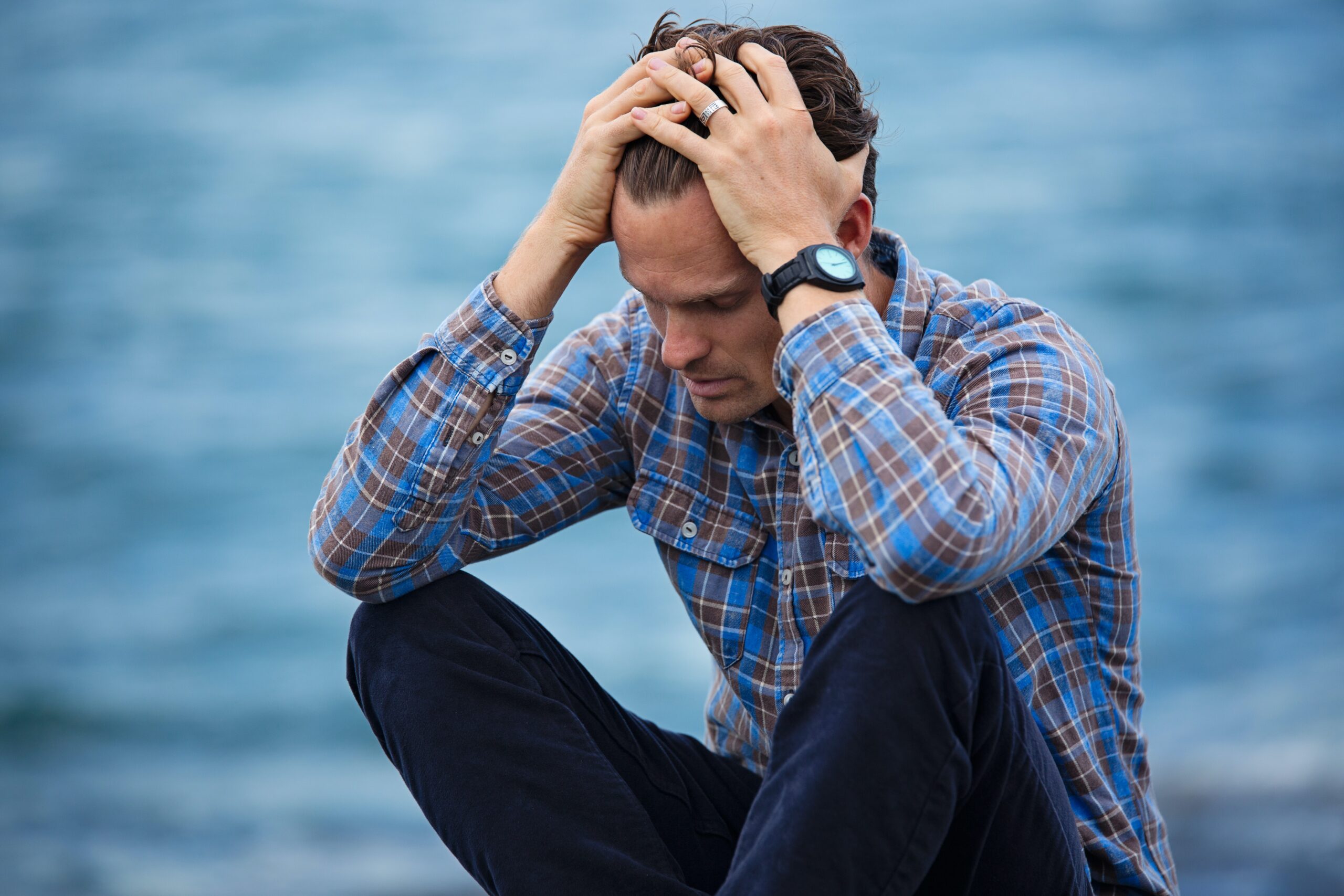
While anxiety can be a complex condition that often requires professional help, there are some natural strategies that may help alleviate symptoms. It’s important to note that these techniques may not be sufficient for severe anxiety disorders, and it’s always advisable to consult with a healthcare professional for a comprehensive evaluation and appropriate treatment. Here are some natural ways that may help reduce anxiety:
- Regular exercise: Engaging in physical activity can boost mood and reduce anxiety by releasing endorphins, which are natural mood-lifting chemicals in the brain. Aim for at least 30 minutes of moderate exercise most days of the week.
- Mindfulness and meditation: Practicing mindfulness and meditation can help calm the mind and increase awareness of the present moment. Techniques such as deep breathing, progressive muscle relaxation, and guided imagery can also promote relaxation.
- Healthy diet: A balanced diet that includes whole foods, fruits, vegetables, lean proteins, and healthy fats can support overall well-being. Avoid excessive caffeine and refined sugars, as they can contribute to anxiety symptoms.
- Sufficient sleep: Prioritize getting enough sleep to help regulate emotions and reduce anxiety. Aim for 7-9 hours of quality sleep each night by maintaining a consistent sleep schedule and creating a relaxing bedtime routine.
- Stress management techniques: Explore various stress management techniques like journaling, engaging in hobbies, practicing yoga, or engaging in activities you enjoy. Finding healthy outlets for stress can help reduce anxiety levels.
- Herbal remedies: Certain herbal supplements such as chamomile, lavender, passionflower, and valerian root have been traditionally used to promote relaxation and ease anxiety. However, consult with a healthcare professional before using any herbal remedies as they may interact with medications or have side effects.
- Social support: Connect with friends, family, or support groups to share your feelings and experiences. Having a support system can provide comfort and perspective.
- Limiting exposure to triggers: Identify and minimize exposure to situations or stimuli that trigger your anxiety. This may include reducing time spent on social media, news consumption, or other stress-inducing activities.
Remember, these natural strategies may not work for everyone, and it’s crucial to seek professional help if anxiety symptoms persist or significantly impact your daily life. A mental health professional can provide personalized guidance and suggest appropriate treatment options based on your specific needs.
See More on Video

Over Throwing Anxiety a complete program to treat anxiety effectively. It guides you to learn the ways to find, understand, and accept the main cause of your anxiety and start using the techniques provided in it to treat the problem.